Keywords: Catholic Social Services Australia
-
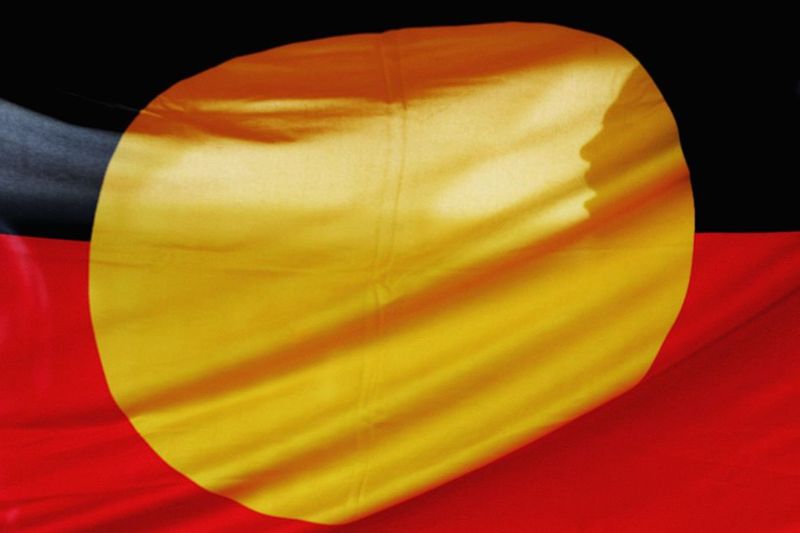
AUSTRALIA
- Frank Brennan
- 05 January 2023
We have a lot of work to do if there is to be any prospect of a successful referendum on the Voice to Parliament, which Indigenous people have put to us as the mode by which they want to be recognised in the Constitution. They have said they want a Voice. Now, we can debate whether it be a Voice to Parliament or a Voice to Parliament and government, or a Voice just about particular laws.
READ MORE
-
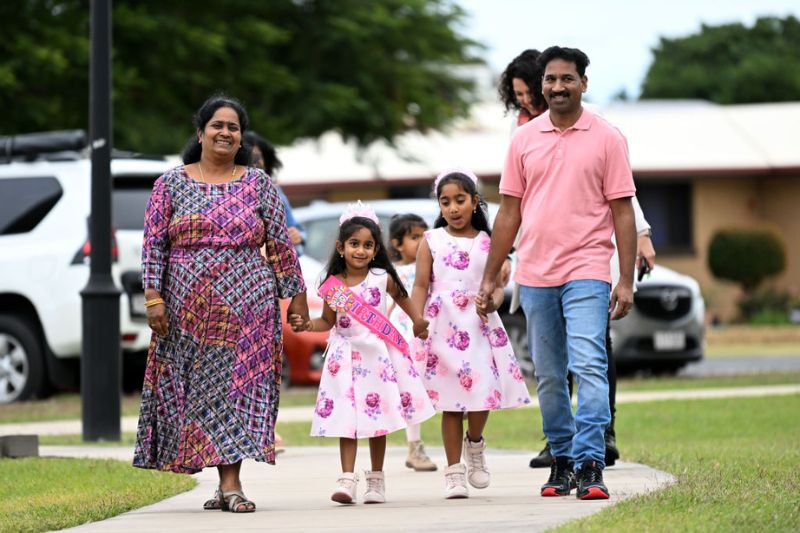
AUSTRALIA
- David Halliday, Michael McVeigh, Laura Kings, Michele Frankeni, Andrew Hamilton, Julian Butler
- 21 December 2022
2 Comments
To close the year for Eureka Street, the editorial team wanted to nominate who we considered to be the Eureka Street ‘person of the year’ based on who we think somehow embody Eureka Street values.
READ MORE 
-

AUSTRALIA
- Frank Brennan
- 01 December 2022
15 Comments
We have a lot of work to do if there is to be any prospect of a successful referendum on the Voice to Parliament, which Indigenous people have put to us as the mode by which they want to be recognised in the Constitution. They have said they want a Voice. Now, we can debate whether it be a Voice to Parliament or a Voice to Parliament and government, or a Voice just about particular laws.
READ MORE 
-
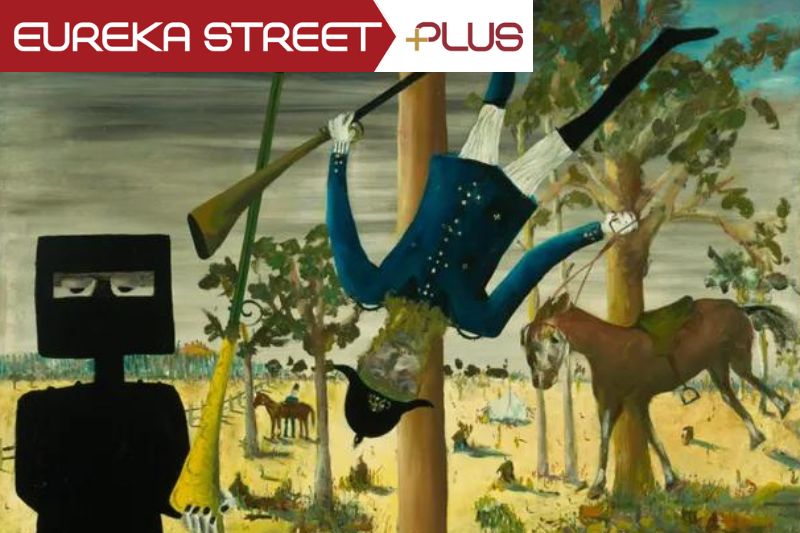
ARTS AND CULTURE
- Andrew Hamilton
- 11 November 2022
3 Comments
In Justice in Kelly Country, author Lachlan Strahan writes on the life of his great-great-grandfather, a policeman whose career stretched over thirty years. When a significant part of that story is intermeshed with such a fiercely contested story as Ned Kelly’s, telling it introduces the further complexities of the writer’s sympathies and judgments.
READ MORE 
-

AUSTRALIA
- Julian Butler
- 08 November 2022
3 Comments
In the midst of the spring racing carnival, online betting companies have been told their advertising will next year need to include warnings about the risk of gambling. The new requirements fall well short of regulation that might meaningfully curb what is become a social norm and cultural marker for many.
READ MORE 
-
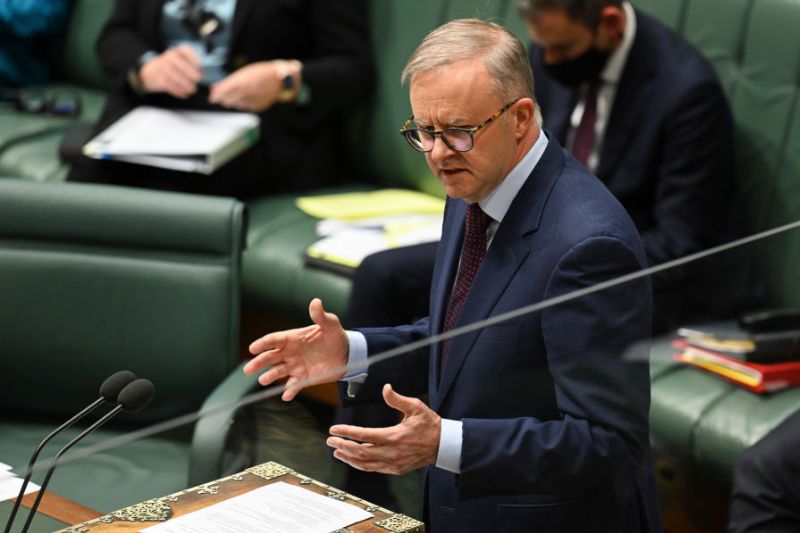
AUSTRALIA
- Frank Brennan
- 28 October 2022
6 Comments
In recent years, Australian policies in relation to asylum seekers and refugees have been unnecessarily mean, cruel and disorganised. The election of the Albanese government provides the opportunity for a reset, putting behind us the past mistakes of both Coalition and Labor Governments in the last 20 years.
READ MORE 
-

AUSTRALIA
- Julian Butler
- 18 October 2022
It might be a bit stale and trite to say so, but Australians do a good job of being at their best in a natural crisis. Solidarity is experienced in a way absent from much of our common conversation. Why is that?
READ MORE 
-
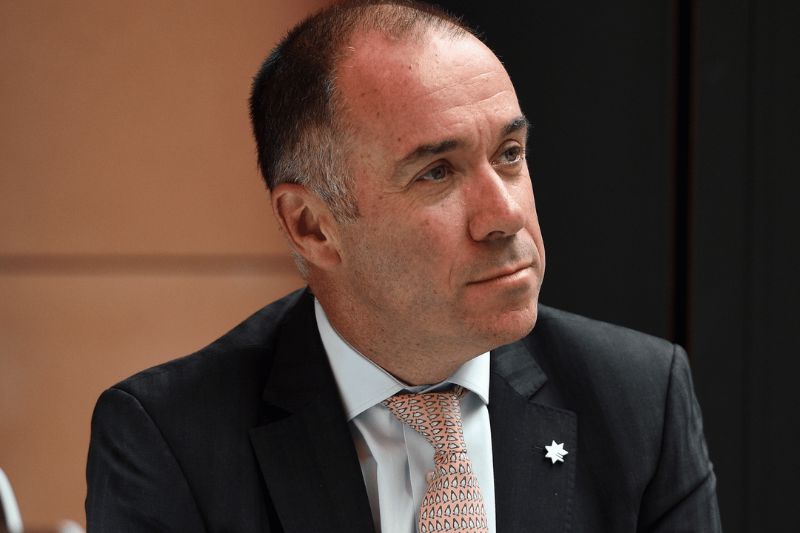
AUSTRALIA
- Chris Middleton
- 10 October 2022
18 Comments
It is highly doubtful that the Essendon Football Club appreciated the reaction that would occur when it presented its new CEO, Andrew Thorburn, with the option of giving up his role as a lay leader in the City on a Hill Anglican Church or resigning from his role with the Club. Even if many were uneasy about how the issue was caught up in the culture wars, it caused widespread concerns amongst people of faith.
READ MORE 
-
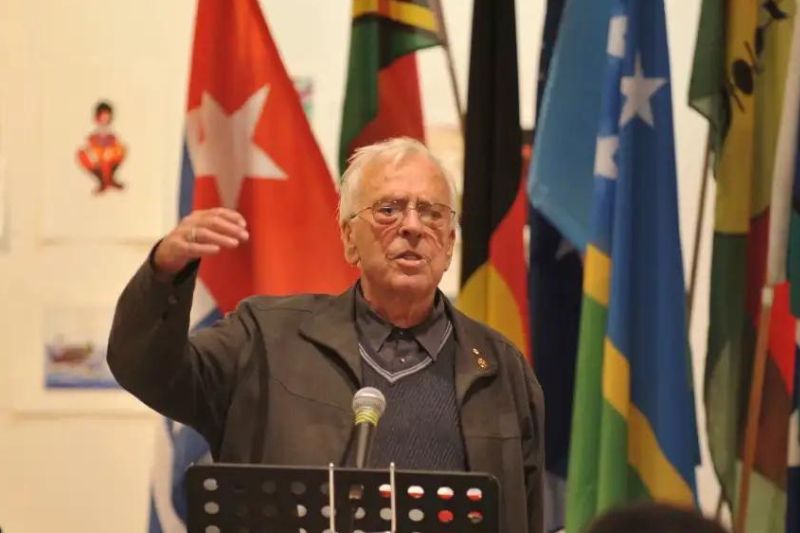
AUSTRALIA
- Andrew Hamilton
- 10 October 2022
8 Comments
Two weeks ago, Bishop Hilton Deakin died. My memories of him are inextricably tied to the Mass he celebrated in 1999 at St Patrick’s Cathedral in Melbourne, certainly the most emotionally charged event that I have seen there, following the violence orchestrated by the Indonesian military following the Referendum on Independence in East Timor. During the struggle for Independence, many East Timorese had joined the Catholic Church.
READ MORE 
-
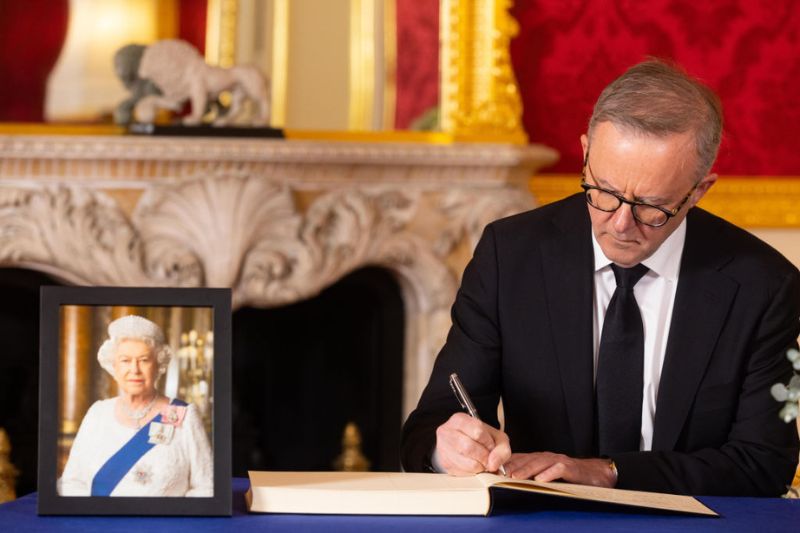
AUSTRALIA
- Julian Butler
- 06 October 2022
4 Comments
There is no popular groundswell for constitutional change in the direction of a republic just at this moment. The parliamentary recess, the proclamation by the Governor General of our fealty to the new King, and the public holiday were all a bit embarrassing. The parade being over, we can go back to gawking at the Royal Family much like Americans do. The question of what monarchy means for us feels best left alone for a while.
READ MORE 
-

INTERNATIONAL
- David Halliday, Beth Doherty, Tim Dunlop, Matthew Howard
- 26 August 2022
When former Facebook employee Frances Haugen released a trove of documents revealing internal research on the negative effects its social media products were having on mental health, the darker side of social media became hard to ignore. So how might the harmful effects of social media be mitigated into a social benefit for a saner, more coherent society?
READ MORE 
-
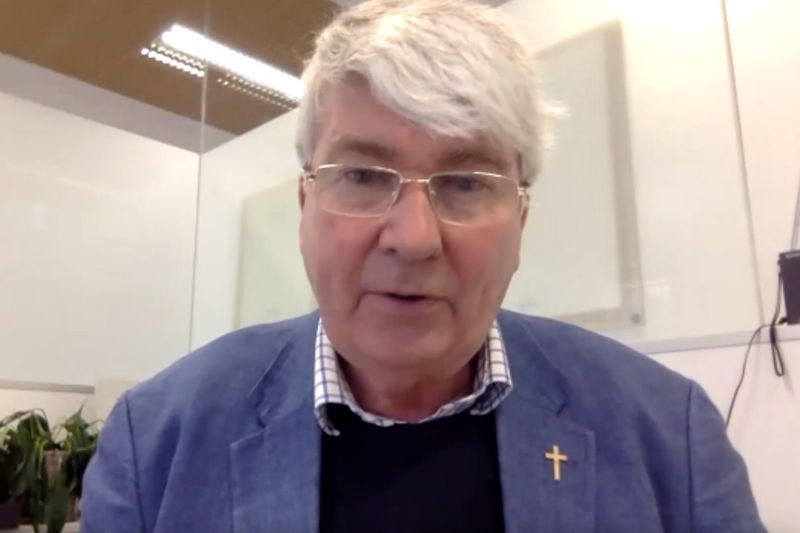
AUSTRALIA
- Frank Brennan, Vicki Clark
- 18 August 2022
3 Comments
How can individuals and organisations engage with and support progress on reconciliation? In this conversation, Fr Frank Brennan SJ (Rector, Newman College) and Vicki Clark touch on progress of reconciliation in Australia in light of the Uluru Statement from the Heart, Constitutional recognition of Aboriginal and Torres Strait Islander Peoples, the Yoorrook Justice Commission and the Victorian Treaty process.
READ MORE 